As I’m sure that most of us are aware, the world came grinding to a halt and promptly descended into chaos in 2019 due to a certain virus that shall not be mentioned. However, as humanity is often inclined to do, we have found ways to adapt to this new way of life and press on.
The world of therapy has had to make some significant changes. With in-person interaction becoming either limited or impossible, therapists everywhere have had to improvise with ways to reach their clients and to do so effectively. And thus, the age of video-call therapy was born.
Naturally, it is easy to approach this form of therapy with some trepidation. Body language, therapeutic setting, and privacy are all an important part of the therapeutic experience, so fears that a session may be less effective if not done in person are valid. Luckily for us, a group of hypnotherapists and researchers took it upon themselves to find answers.
In early 2019, the effectiveness of video hypnotherapy was compared to face-to-face hypnotherapy for Irritable Bowel Syndrome (IBS) in a pioneering study by Hasan et al.
IBS is a relatively common functional gastrointestinal disorder, reportedly affecting between 10 and 15% of the population. There is a litany of treatments provided by the local doctor, ranging from a change in diet to pharmacological intervention. When all else fails, hypnotherapy comes into play.
Gut-focused Hypnotherapy has arguably been a consistently successful tool to assist those with pervasive symptoms of IBS (Miller et al., 2015; Miller & Whorwell, 2009) with the beneficial effects being sustained over many years (Gonsalkorale et al., 2003; Lindfors et al., 2012). Despite the evidence in favour of hypnotherapy for IBS, as well as its’ acceptance by the National Institute of Health and Care Excellence (NICE), the availability of gut-focussed hypnotherapy is limited in the UK.
The authors of the 2019 study highlighted their frustrations at getting nationwide referrals to their hypnotherapy clinic, which due to the nature of IBS, could serve as costly, problematic, or even impossible for clients to travel across the country (not to mention the travel restrictions that would become commonplace that year). Thus, video calls with clients became a viable option.
Hasan et al. trialled video hypnotherapy on 20 participants with moderate to severe IBS that had been referred to their clinic and compared their results to a previously conducted audit of 1,000 others who had received face-to-face hypnotherapy.
After meeting their therapists, the clients received 12 weekly sessions of hypnotherapy, in line with the traditional methods of face-to-face therapy. Participants in the video calls were given the option to record the sessions to refer to in their own time, as well as offered CDs to use for practice.
Symptoms were measured with questionnaires, namely the IBS symptom severity score (IBS-SSS) as well as some others. The IBS-SSS has a total score range of 0-500, measuring five different factors such as pain severity and interference with life.
The results showed that 65% of the 20 subjects exhibited a clinically significant reduction of at least 50 points in their total IBS-SSS scores, with 30% showing a reduction of 150 points or more. A more detailed breakdown of these results can be found in their published paper (referenced below).
On to the crucial comparison between the video-call data and the face-to-face data. The 20 participants were compared to the 1,000 previous subjects of the audit three years before in 2015.
A 50-point or higher (a clinically significant) reduction in self-reported IBS-SSS scores after 12 sessions was found in 65% of the video group, compared to 76% in the audit group. Statistical analysis revealed after adjusting for age difference, there was no significant difference between these groups.
Furthermore, the video group showed a 30% or more reduction in scores for pain, compared to 62% reductions in the audit group. Statistical analysis also showed no significant difference in these groups.
When asked for their opinions, the video group showed a slight preference towards face-to-face interactions due to logistical barriers such as call quality and internet connection. However, over 70% of the participants reported that face-to-face sessions would not have been possible and that they wouldn’t have been able to receive any therapy without a video call as an option.
At this point, it is important to note that hypnotherapy for IBS should not be considered as a standalone treatment for IBS. Moreso that it absolutely deserves to be a more fundamental part of the treatment options.
In summary, hypnotherapy via video call may not be someone’s first choice, but it could be their only choice and the evidence points to virtual hypnotherapy being just as effective as face-to-face. In a world that is increasingly digital, and at this point with many barriers in the way of face-to-face interaction, it is reassuring to know that hypnotherapy can remain effective and reach those who otherwise could not have access to help.
--------------------------------------------------------------------------------------------------------------------------------------
Main article:
Hasan, S. S., Pearson, J. S., Morris, J., Whorwell, P. J. (2019). Skype hypnotherapy for irritable bowel syndrome: Effectiveness and comparison with face-to-face treatment. International Journal of Clinical and Experimental Hypnosis,67(1), 69-80. doi:10.1080/00207144.2019.1553766
References:
Gonsalkorale, W. M., Miller, V., Afzal, A., & Whorwell, P. J. (2003). Long term benefits of hypnotherapy for irritable bowel syndrome. Gut, 52(11), 1623–1629.
Lindfors, P., Unge, P., Nyhlin, H., Ljotsson, B., Bjornsson, E. S., Abrahamsson, H., & Simrén, M. (2012). Long-term effects of hypnotherapy in patients with refractory irritable bowel syndrome. Scandinavian Journal of Gastroenterology, 47(4), 414–421. doi:10.3109/00365521.2012.658858
Miller, V., Carruthers, H. R., Morris, J., Hasan, S. S., Archbold, S., & Whorwell, P. J. (2015). Hypnotherapy for irritable bowel syndrome: An audit of one thousand adult patients. Alimentary Pharmacology and Therapeutics, 41, 844–855. doi:10.1111/apt.13145
Miller, V., & Whorwell, P. J. (2009). Hypnotherapy for functional gastrointestinal disorders: A review. International Journal of Clinical and Experimental Hypnosis, 57(3), 279–292. doi:10.1080/00207140902881098


